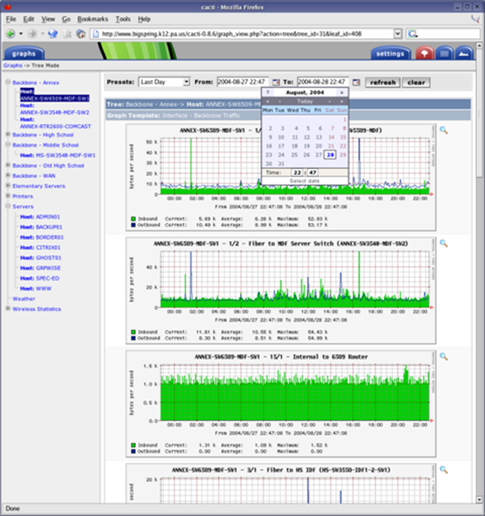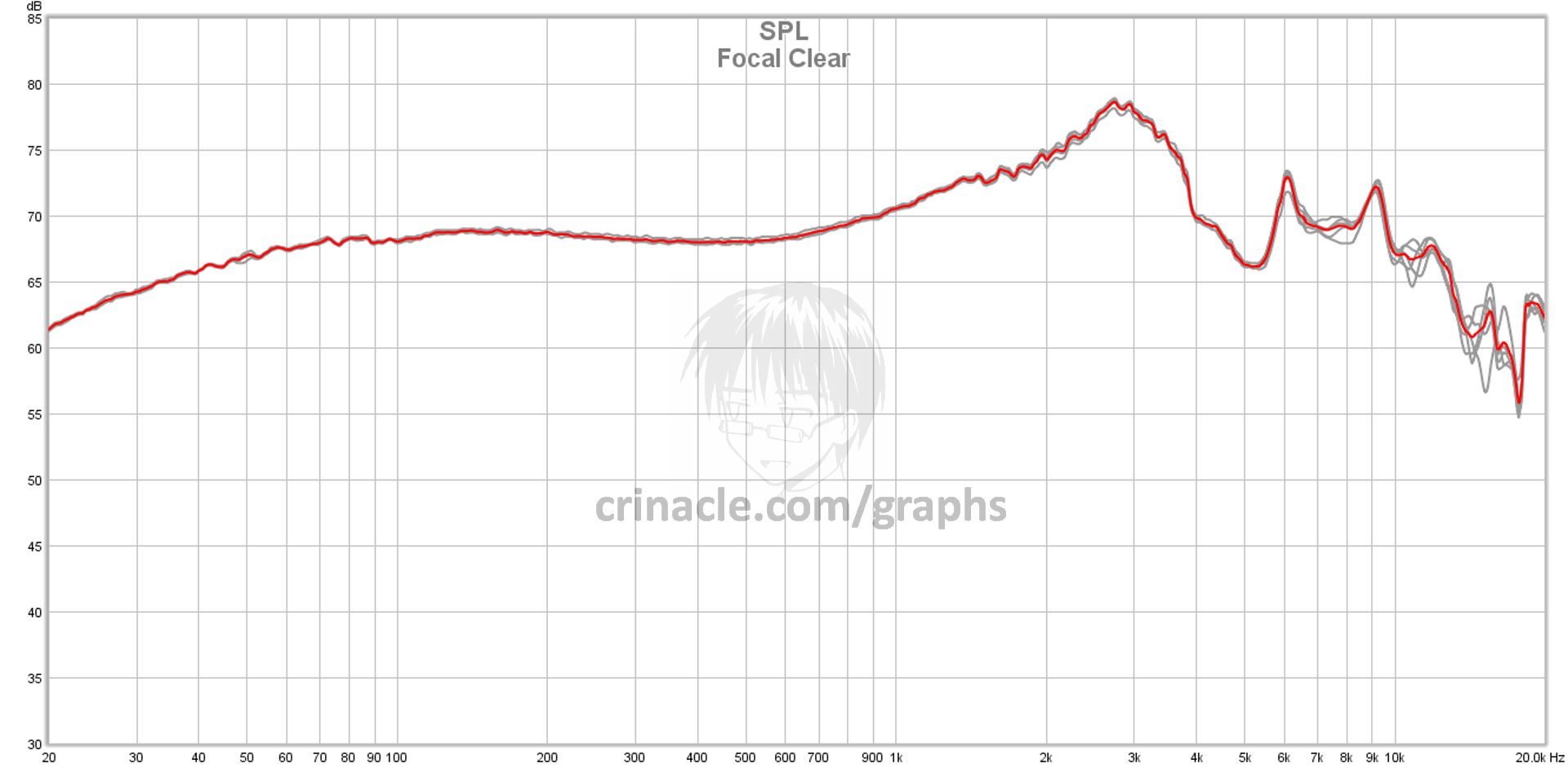

It is not possible to enter tags with a leading plus ( +) or minus ( -) sign, nor tags with parentheses ( ()) or angle brackets ( ).įor performance reasons, it can take some minutes until you can filter for new tags that you added. You can use tags to group objects and use tag-filtered views later on.

Confirm each tag with the Spacebar key, a comma, or the Enter key. You cannot change it.Įnter one or more tags. This setting is for your information only. Shows tags that the sensor inherits from its parent device, parent group, and parent probe. You can change nearly all settings on the sensor's Settings tab after creation.Ĭlick the Settings tab of a sensor to change its settings. It only shows the settings that are required to create the sensor. The Add Sensor dialog appears when you manually add a new sensor to a device. Above this number, consider using multiple remote probes for load balancing.įor a general introduction to the technology behind WMI, see section Monitoring via WMI. Try to stay below 200 WMI sensors per probe. Sensors that use the WMI protocol have a high impact on the system performance. When running in fallback mode, the sensor tries to connect via performance counters again after 24 hours.
#SERVER PROCESS MONITOR WINDOWS#
You can change the default behavior to a hybrid approach in the Windows Compatibility Options of the parent device's settings on which you create this sensor: if you choose this option, the sensor first tries to query data via Windows performance counters and uses WMI as a fallback if performance counters are not available. Hybrid Approach: Performance Counters and WMIīy default, this sensor uses WMI to request monitoring data. In the list, find the respective service and set its Start Type to Automatic. To enable the service, log in to the respective computer and open the services manager (for example, via services.msc). However, WMI connections might still work. If this service does not run, a connection via performance counters is not possible. Without it, WMI sensors do not work.įor this sensor to work with Windows performance counters, make sure that the Remote Registry Windows service runs on the target computer. This is necessary because the PRTG probe service only runs with 32-bit support. This allows 32-bit applications to be run on 64-bit systems. WoW64 must be installed on target systems that run Windows Server 2016. However, WMI connections might still work.įor this sensor to work with Windows performance counters, make sure that at least Windows Server 2008 R2 is installed on the probe system (on every cluster node, if on a cluster probe). Otherwise, a connection via performance counters is not possible.

If you use local credentials, make sure that the same Windows user accounts (with the same user name and password) exist on both the probe system and the target computer. Preferably, use Windows domain credentials. This sensor requires credentials for Windows systems in the settings of the parent device. If you want to use this sensor, add it to a remote probe device. You cannot add this sensor to the hosted probe of a PRTG Hosted Monitor instance.


 0 kommentar(er)
0 kommentar(er)
